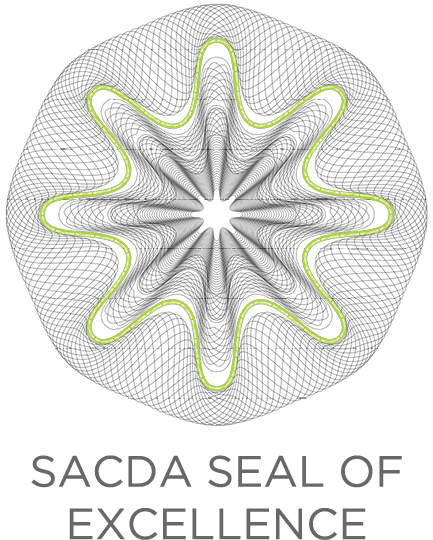Original Research
Efficacy of career guidance and counselling among secondary schools in Uganda
Submitted: 25 February 2022 | Published: 22 September 2022
About the author(s)
Anne T. Otwine, Department of Mental Health, School of Psychology, Makerere University, Kampala, Uganda; and Department of Public Health and Biomedical Sciences, Faculty of Nursing and Health Sciences, Bishop Stuart University, Mbarara, UgandaLeonsio Matagi, Department of Organisational Psychology, School of Psychology, Makerere University, Kampala, Uganda
John M. Kiweewa, Department of Mental Health, School of Psychology, Makerere University, Kampala, Uganda; and Department of Nursing, School of Nursing, St. John Fisher College, New York, United States
Herbert E. Ainamaani, Department of Public Health and Biomedical Sciences, Faculty of Nursing and Health Sciences, Bishop Stuart University, Mbarara, Uganda; and Department of Mental Health, School of Medicine, Kabale University, Kabale, Uganda
Abstract
Background: In Uganda, students face difficulty during career transition between different levels of education and employment despite government policies about implementation of career guidance and counselling services. Little has been documented about students’ levels of awareness, utilisation and extent of implementation of career guidance and counselling services within secondary schools in Uganda.
Objective: This study aims at documenting students’ level of awareness and utilisation career guidance and counselling services, and how these services were being implemented in secondary schools in Uganda.
Method: Cross-sectional survey was conducted using mixed methods in secondary schools in South Western Uganda. A total of 161 students in final year of secondary education (senior six) and 35 teachers across four schools met inclusion criteria and consented to participate in the study. Standardised questionnaires as primary tools of data collection were used. Quantitative data were analysed using SPSS (Version 23) and content analysis for qualitative data.
Results: Majority of students (98.8%) revealed high awareness about existence of career guidance and counselling services, while 87.0% reported utilising the services. Implementation of career guidance and counselling in schools was demonstrated by type of programmes, information sources, models, timing and information structure by class level. However, challenges to implementation were sited, namely student, teachers, administrators, parents and policy factors.
Conclusion and recommendation: Career guidance and counselling services were available and used in secondary schools. However, implementation was affected by functional and structural challenges that affected the quality of career counselling information and required alignment to national development goals.
Contribution: The efficacy of career guidance and counselling in secondary schools in Uganda was documented in this article.
Keywords
Metrics
Total abstract views: 1990Total article views: 3803
